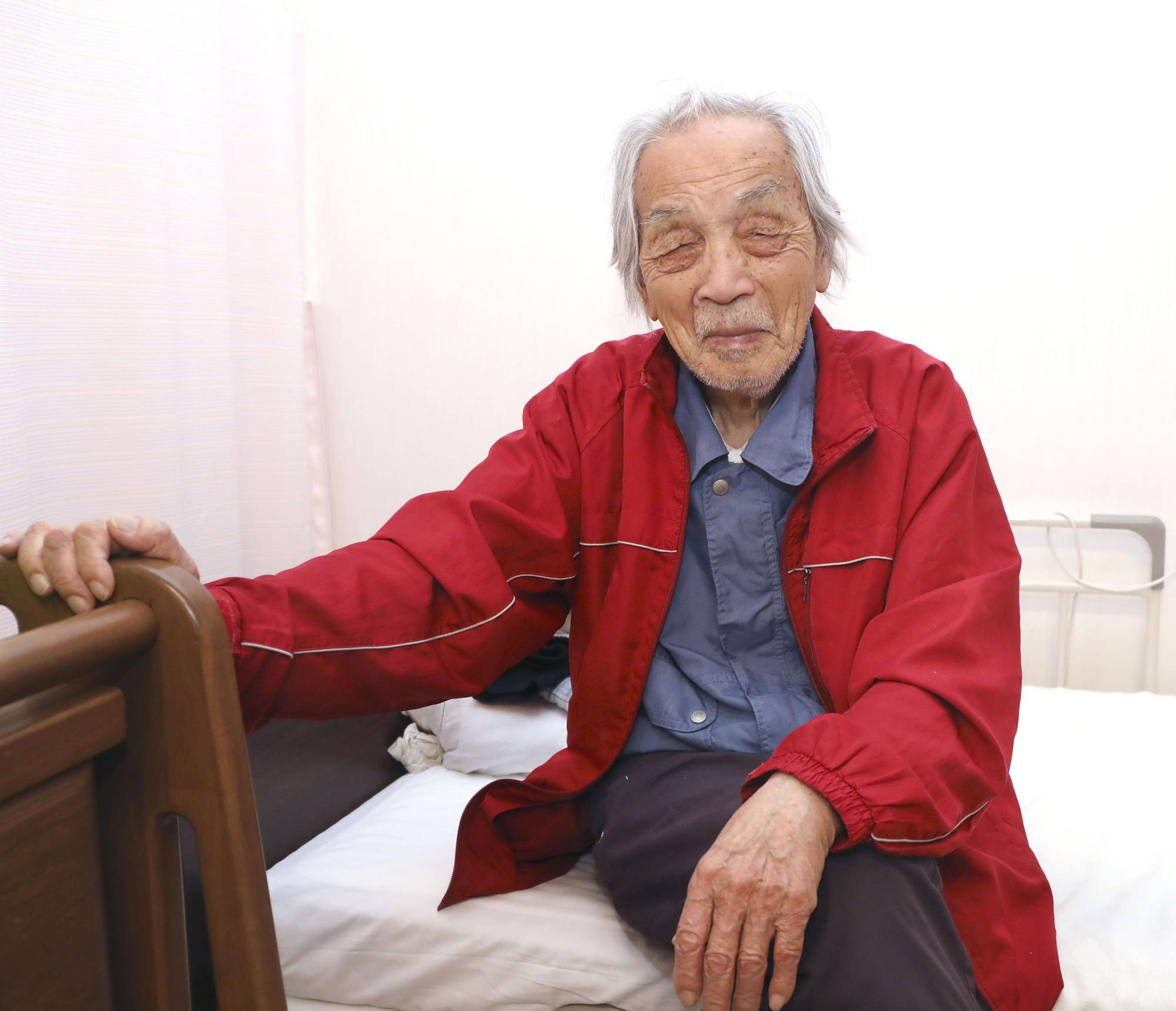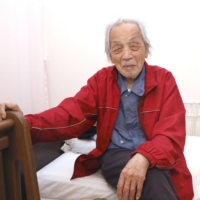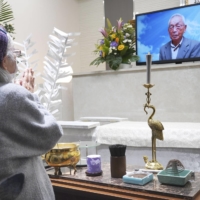Sakae Menda, the first person in Japan to have been released from death row after winning acquittal in a retrial, died Saturday of natural causes at a nursing home in Fukuoka Prefecture, his family said. He was 95.
Menda was freed in 1983 at age 57 after spending 34 years in prison. He spent much of the rest of his life as a campaigner against the death penalty, giving speeches in Japan and abroad.
Japan is one of only a few advanced, democratic nations to maintain the death penalty. More than two-thirds of states around the world have abolished it by law or in practice.
In 1950, Menda was convicted in a robbery-murder case in his native Kumamoto Prefecture and was given the death penalty by a district court branch.
Not only was he coerced into a confession by a team of investigators who interrogated him for hours on end, but in court, key evidence supporting his alibi was ignored and false witness testimony was used to put him away.
Menda, who was illiterate before his arrest at age 23, learned how to write in prison so he could file petitions for a retrial. After six petitions, a retrial was finally granted and he was acquitted.
"(He) had a really grim look when he was freed, but after two or three years, his eyes became gentle," Tamae, Menda's 84-year-old widow, said after her husband's wake on Saturday night.
In recent years, Menda, who was using a wheelchair, "sometimes went out to breathe the outside air on a sunny day," she added.





